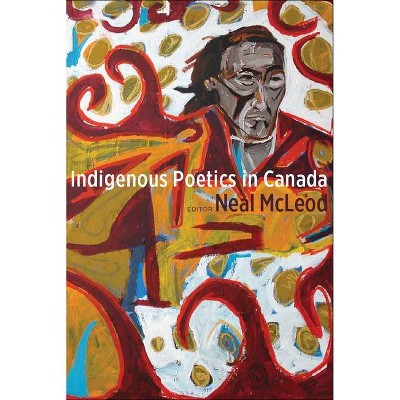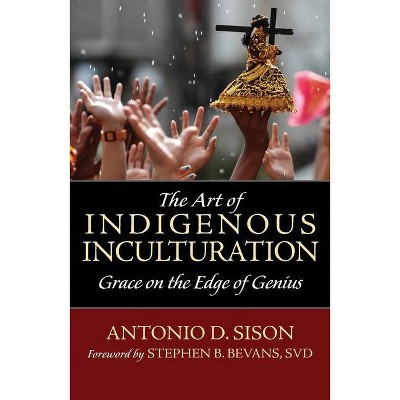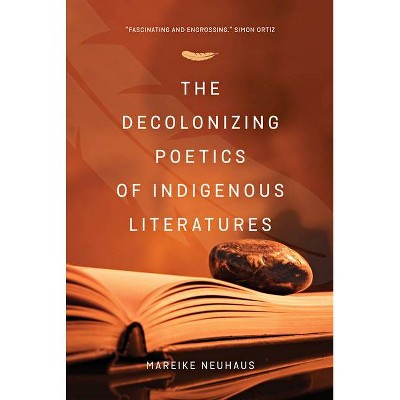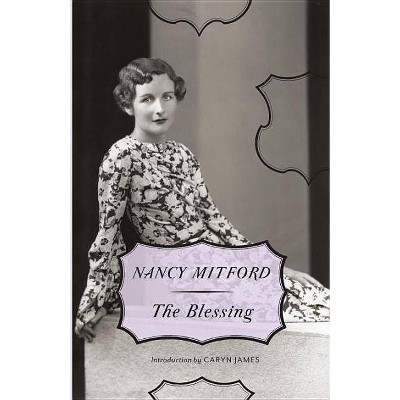The Indigenous State - by Nancy Postero (Paperback)
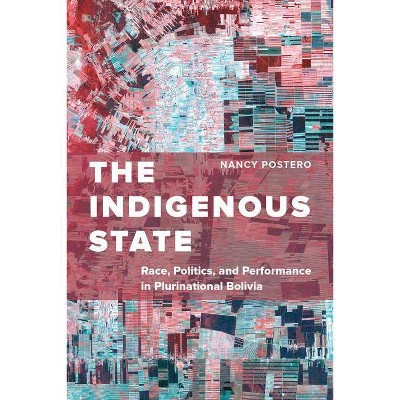
Similar Products
Products of same category from the store
AllProduct info
<p/><br></br><p><b> About the Book </b></p></br></br>"In 2005, Bolivians elected their first indigenous president, Evo Morales. Ushering in a new "democratic cultural revolution," Morales promised to overturn neoliberalism and inaugurate a new decolonized society. In this crucial new book, Nancy Postero examines the successes and failures in the ten years since Morales's election. While the Morales government has made many changes that have positively benefited Boliva's majority indigenous population, it has consolidated power and reinforced extractivist development models. In the process, indigeneity has been transformed from a site of emancipatory politics to a site of liberal nation-state building. By carefully tracing the political origins and practices of decolonization among activists, government administrators, and ordinary citizens, Postero makes an important contribution to our understanding of the meaning and impact of Bolivia's indigenous state."--Provided by publisher.<p/><br></br><p><b> Book Synopsis </b></p></br></br>A free ebook version of this title is available through Luminos, University of California Press's Open Access publishing program. Visit www.luminosoa.org to learn more.<br /><br /> In 2005, Bolivians elected their first indigenous president, Evo Morales. Ushering in a new "democratic cultural revolution," Morales promised to overturn neoliberalism and inaugurate a new decolonized society. In this perceptive new book, Nancy Postero examines the successes and failures that have followed in the ten years since Morales's election. While the Morales government has made many changes that have benefited Bolivia's majority indigenous population, it has also consolidated power and reinforced extractivist development models. In the process, indigeneity has been transformed from a site of emancipatory politics to a site of liberal nation-state building. By carefully tracing the political origins and practices of decolonization among activists, government administrators, and ordinary citizens, Postero makes an important contribution to our understanding of the meaning and impact of Bolivia's indigenous state.<p/><br></br><p><b> From the Back Cover </b></p></br></br>"Postero's <i>The Indigenous State</i> provides multiple new insights on the Bolivian state in the time of President Evo Morales. As such, it is a must-read for scholars and students interested in the recent political and cultural history of the country. The book counters simplistic readings of political developments in the country over the last decade. It recognizes that despite claims of revolution, a process of change and socialism for the twenty-first century, Bolivia remains--despite the appearance of new political personalities--entrenched in earlier logics of clientelism, state sovereignty, and modernist ideas of development. A national celebration of indigeneity is furthermore revealed not to affirm the vibrancy of the country's ethnic foundations, but instead as a discourse that in recent years has been used by the Morales administration as a mechanism of public discipline and control." --John Andrew McNeish, Professor of International Development and Environmental Studies, Norwegian University of Life Sciences <p/> "Postero explores in magnificent detail and profound insight what happens when indigenous people come to power and attempt to decolonize the state. Postero offers a clear view of the tensions, fissures, and contradictions within Bolivia's 'indigenous state' while never losing sight of its considerable achievements on a very human level."--Professor Andrew Canessa, author of <i>Intimate Indigeneities: Race, Sex and History in the Small Spaces of Life</i> <p/>"Nancy Postero's wonderful new book brings us smartly up to date on Bolivia's experimentation with state structures, economic development and ethnic and national identifications. Drawing on extensive research spanning highlands and lowlands and rural and urban areas, Postero tracks how the hopeful agenda of a decolonial and indigenous state turned sour. Her magisterial synthesis of Bolivian scholarship and Ranciere's concept of disagreement provides insights into why disputes over indigeneity, sovereignty and cultural performance matter."--Sarah Radcliffe, author of <i>Dilemmas of Difference: Indigenous Women and the Limits of Postcolonial Development Policy</i><p/><br></br><p><b> About the Author </b></p></br></br><b>Nancy Postero</b> is Associate Professor of Anthropology at the University of California, San Diego. She is the author of <i>Now We Are Citizens: Indigenous Politics in Post-Multicultural Bolivia</i>.
Price History
Price Archive shows prices from various stores, lets you see history and find the cheapest. There is no actual sale on the website. For all support, inquiry and suggestion messagescommunication@pricearchive.us


